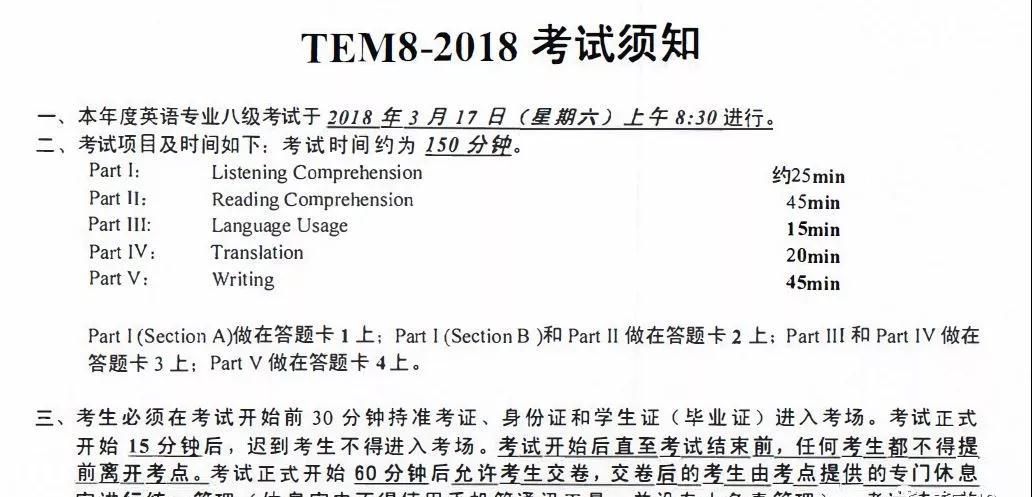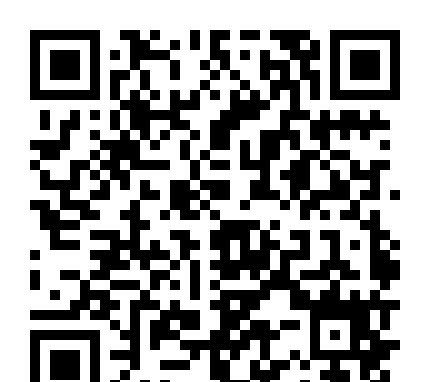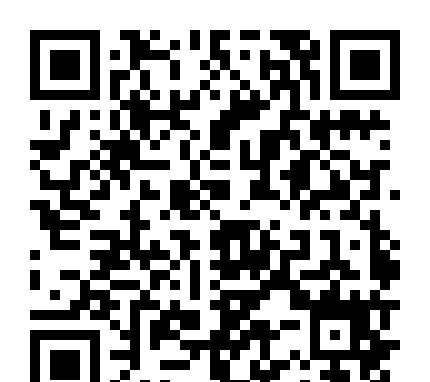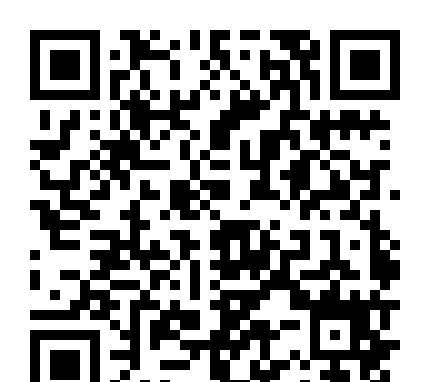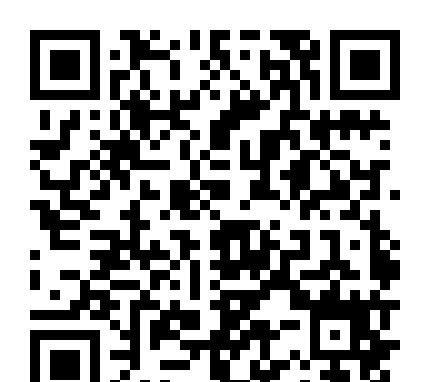2008职称英语考前每日一练(理工类第17期-C级)
|
第6部分:完形填空(第51~65题,每题1分,共15分) 下面的短文有15处空白,请根据短文内容为每处空白确定1个最佳选项。
Vibrating Rubber Cellphones
Vibrating rubber cellphones could be the next big thing in mobile communications. They allow people to press the phone 1:o transmit vibrations along with their(51) words. According to a research team at the MIT Media Lab in Cambridge, Massachusetts, the idea will make(52) more fun. Many mobile phones can already vibrate instead of ringing(53) you do not want people to know you are getting a call. But these (54) are too simple for subtle (敏感的) communication,(55) Angela Chang of the lab's Tangible Media Group. "They're either on or off," she says. But when you hold Chang's rubber cellphone, your fingers and thumb wrap around five(56) speakers. They vibrate (57) your skin around 250 times per second. Beneath these speakers sit pressure sensors (传感器), so you can transmit vibration as well as(58) it. When you squeeze with a finger, a vibration signal is transmitted(59) your caller's corresponding finger, its speed (60) on how hard you squeeze. Chang says that within a few minutes of being given the phones, students were using the vibration feature to(61) emphasis to what they were saying. Over time, people even began to transmit their own kind of ad hoc (特别的)"Morse code", which they would repeat back to show they were(62) what the other person was saying. Chang thinks "vibralanguages" could function for the same(63) as texting: sometimes people want to communicate(64) without everyone nearby knowing what they're saying. "And(65) actually being able to shake someone's hand when you close a business deal," she says.
51 A taken B mixed C spoken D broken 52 A phoning B touching C working D asking 53 A since B where C though D when 54 A vibrations B instructions C texts D callings 55 A answers B says C interrupts D tells 56 A loud B native C tiny D large 57 A on B above C over D against 58 A using B turning C receiving D sending 59 A for B to C from D with 60 A depends B bases C puts D focuses 61 A change B add C switch D shift 62 A controlling B asking C discussing D following 63 A fact B plan C reason D trip 64 A something B anything C nothing D thing 65 A look B imagine C suppose D assume
|




